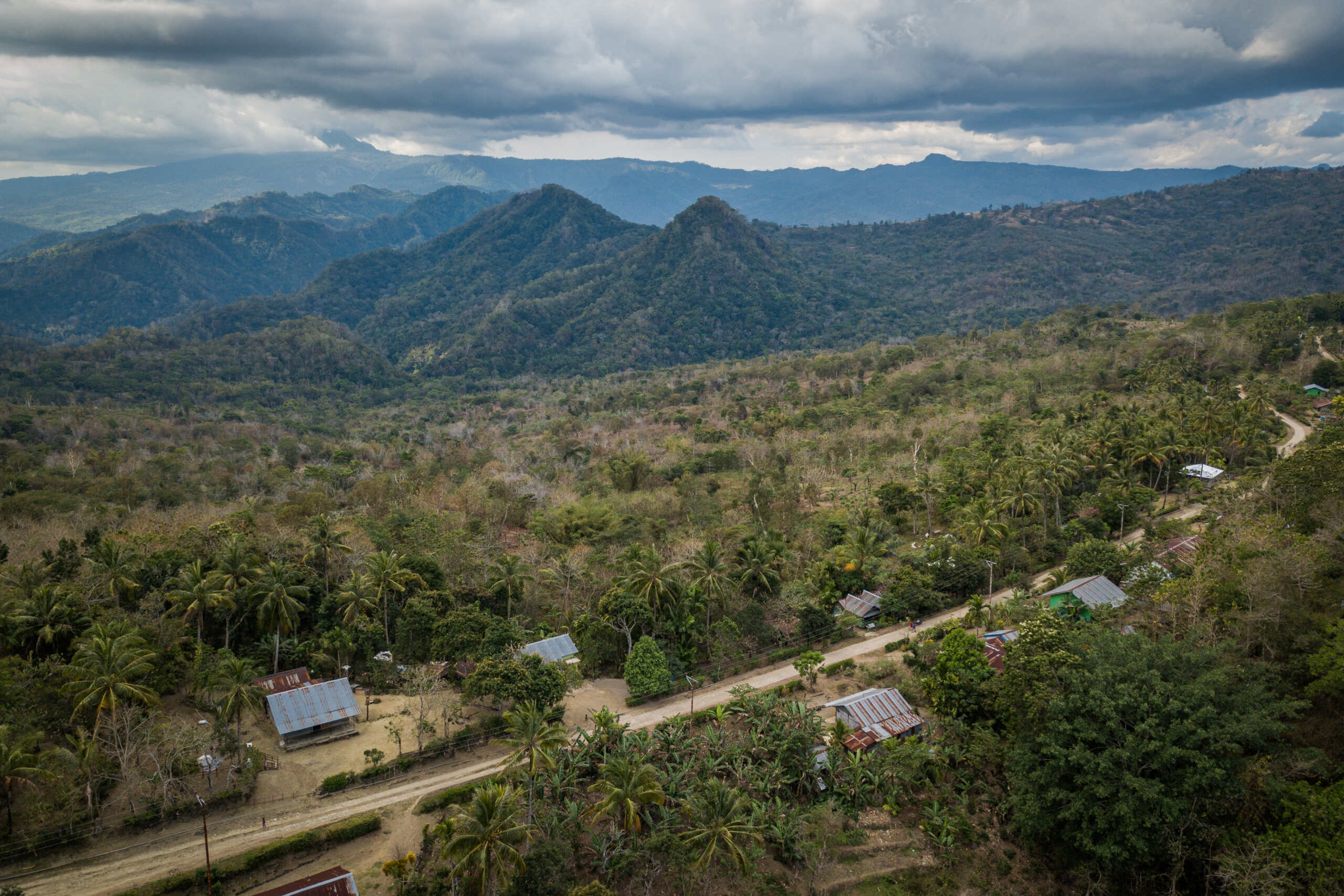What is river blindness?
Stories | February 10, 2022
River blindness – or onchocerciasis – is one of the leading causes of blindness worldwide. It has a devastating impact on the lives of people primarily living in tropical African nations.
The parasitic disease can be transmitted to humans if they are repeatedly bitten by an infected blackfly. Blackflies are most commonly found in close proximity to fast-flowing streams and rivers.
An adult female worm produces larval worms (microfilariae) within an infected human body, causing significant damage to the person’s eyes and skin. Symptoms range from itching, inflammation and skin lesions through to eye lesions that can lead to permanent visual impairment and blindness.
More than 99 per cent of people who suffer from river blindness live in 31 African countries including Kenya, Ethiopia, Sudan, South Sudan, Uganda, Ghana and Nigeria.
The Global Burden of Disease Study estimated that, in 2017, there were over 20 million active infections and more than one million people who had experienced vision impairment or loss.
Fortunately, there is hope for a brighter future. River blindness was successfully eliminated from three Latin American countries over the past decade due to an effective, inexpensive medication.
What are the symptoms?
Common inflammatory symptoms of river blindness occur when tiny larval worms die within the human body. Infected people may experience:
- Severe itching and/or skin rashes
- Skin lesions due to the loss of elasticity
- The development of nodules under the skin
- Disfiguring skin diseases due to loss of pigment
- Vision impairment and blindness.
What is the treatment?
The introduction of powerful and effective medication, Mectizan, in 1987 has shown it is possible to transform the lives of millions of disadvantaged people living with river blindness.
Mectizan kills the larval worms that live within an infected person, gradually reducing the inflammatory symptoms of the disease.
It is not a quick fix – it is estimated that a person must take Mectizan on an annual basis for up to 18 years to completely break transmission of the microfilariae.
However, the success of the medication speaks for itself. CBM played a role in the successful elimination of river blindness in Colombia (2013), Ecuador (2014) and Guatamala (2016).
Positive progress has been made in parts of Africa, particularly Uganda and Sudan, which are closest to elimination.
Your $80 gift will protect children from this terrible disease and will be multiplied by seven this Christmas thanks to a partner organisation.
https://www.cbm.org.au/stories/what-is-river-blindness
Related Stories

Week 3 – Lent series 2026
This week, we’re reflecting with our colleague Christian, Supporter Relationship Specialist at CBM Australia, who turns to John 13:34–35 (NIV): “A new command I give...

Week 2 – Lent series 2026
As we continue our Lent journey, we’re grateful to share a heartfelt reflection from CBM Australia’s Head of Program Impact Operations, Kieran Cummins, who...

Building inclusive, climate resilient communities in Bangladesh
Highlights from DFAT Post’s visit In January 2026, representatives from the Australian High Commission in...
